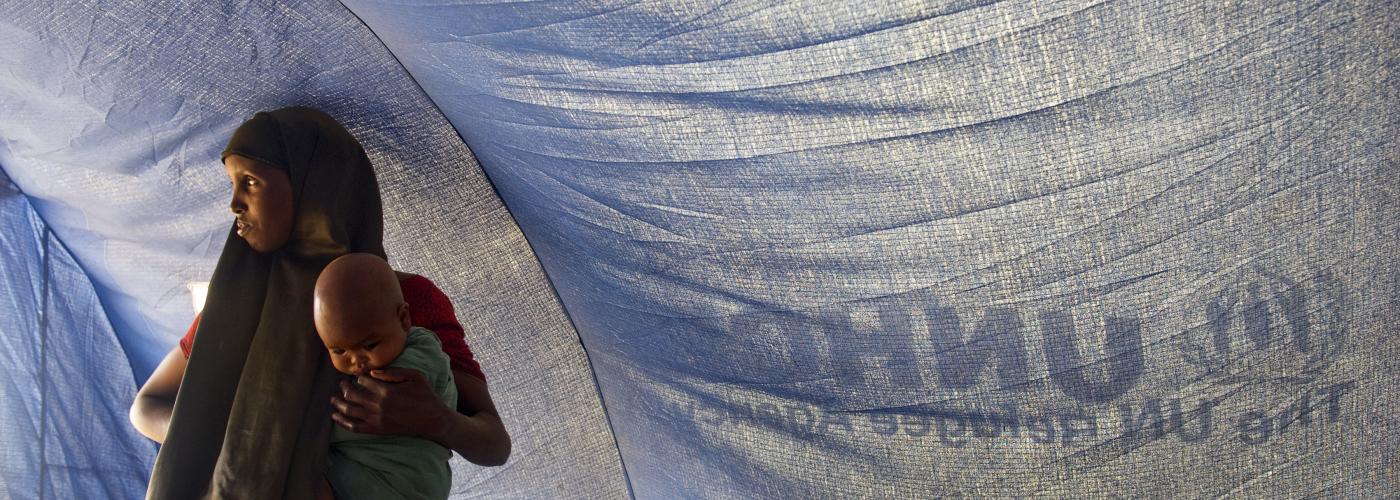General information
Title
Positive masculinities, promotion of attitudes and practices that build gender equality and capacity building of active organizations of the civil society (AEGIS TRUST) - Appel genre 2021
ID
XM-DAC-2-10-6773
CRS ID
2021C06773
Start date
End date
Activity status
Completion
Budget
€495.330
Actor
CSO other donor CSO
Country
RWANDA
Sector
Government and civil society - Ending violence against women and girls
Policy markers
Disability 1
RMNCH: Reproductive, Maternal, Newborn and Child Health 2
Gender 1
Aid type
Project-type interventions
Priority partner country
Yes
Fragile state
No
Least developed country
Yes
Budgetline
54 16 356049 Society-building and good governance
Finance type
GRANT
Tied status
No
Flow type
ODA
Body
General
The project aims to achieve two measurable goals: Firstly, to engage men and boys as allies to women and girls in fighting gender-based violence and discrimination and promoting attitudes and practices that build gender equality in homes, schools, workplaces, places of worship and other community spaces; and
secondly, to transform popular gender norms to support more positive masculinities and greater tolerance for gender diversity. Though this second impact is a means to achieving the first, it in itself a positive measurable end goal. Deeply engrained social norms and values about masculinity and femininity influence the way people behave and how they judge and treat one another, in ways which impede gender equality and are harmful to the wellbeing of women and men. Therefore, both women and men (and girls and boys) must be engaged and experience a change in attitudes, values and behaviours for a positive transformation to occur. The Aegis Trust and The Centre for Gender Studies (CGS) at the University of Rwanda have partnered to embed transformative approaches to gender within public institutions and civil society organisations, in order to influence wider positive attitudinal and behavioural change.
Results
• Impact One: Traditional gender norms have been challenged and men and boys show increased support for more positive masculinities and greater tolerance for gender diversity (men who do not conform).
• Impact Two: Both genders display increased understanding and empathy for the challenges faced by the other, including greater recognition of unpaid care and domestic work largely performed by women, and a commitment to better share responsibilities within the household.
• Impact Three: men and women show more positive attitudes towards people who do not conform to gender stereotypes, (including those who identify as LGBTIQ+) and defend their inclusion.
• Impact Four: civil-society organisations that support these goals, and institutions which influence gender norms (such as schools and churches) have increased capacity (knowledge, tools, resources) and are actively engaged in promoting greater gender equality.


